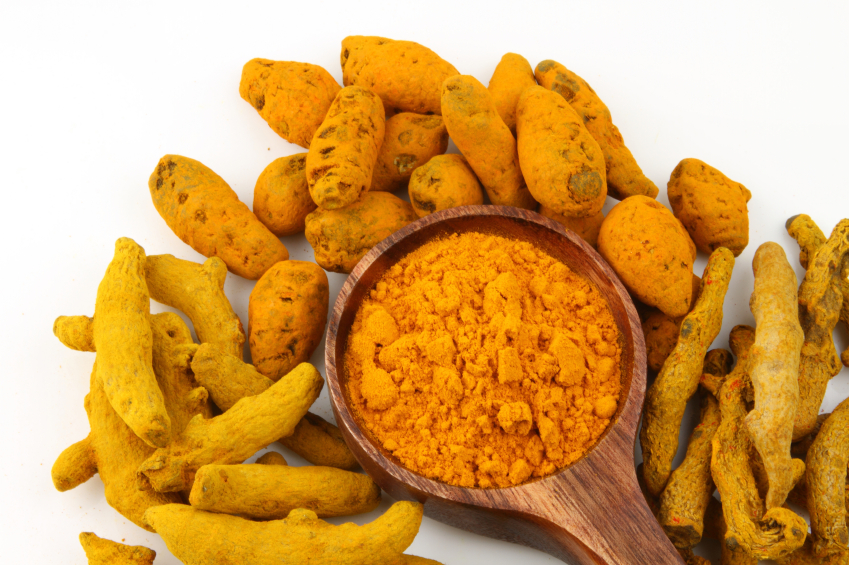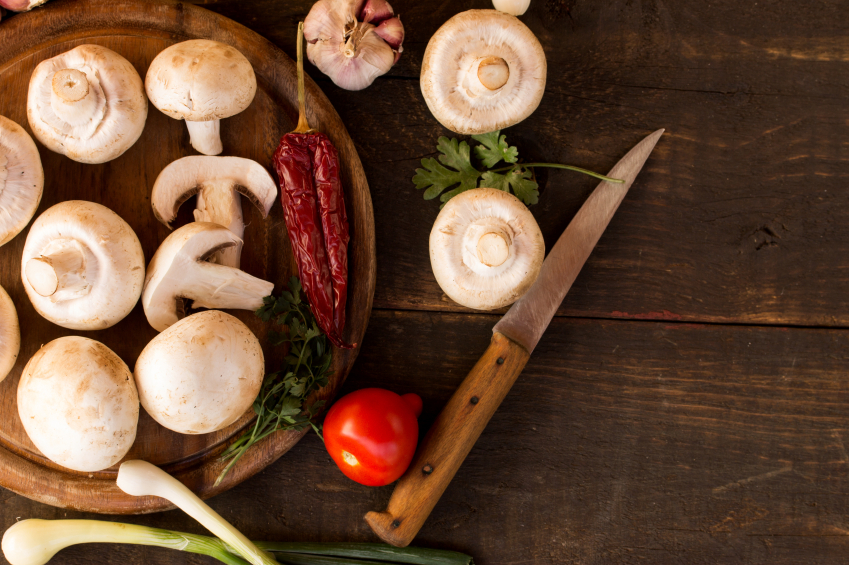
People do all sorts of things to ward off illness during the winter months, like wrapping themselves up in warm blankets, taking cold medication, and receiving flu vaccines. However, one thing very few people think to do is change their diets in order to boost immunity. Exposure to cold weather lowers our core body temperatures, weakening our immune system and leaving us prone to colds and other seasonal bugs.
There are a number of healthy foods that do wonders for rebuilding and strengthening immune systems. For nutrition students, adding extra immunity-boosting foods to meal plans during winter is important, as doing so can help ensure a client’s progress is not hampered by seasonal illnesses, as well contribute to their long-term health.
Read on to learn more about some of the best foods to boost immunity during the cold winter months.
1. Broccoli: A Health and Nutrition Training Student’s Go-To ‘Superfood’
Broccoli, with its combination of vitamins A, C and E, as well its arsenal of antioxidants such as gluthathione, is a must for boosting the immune system. Students pursuing health and nutrition training will find this vegetable particularly easy to add to almost any nutrition plan, as it’s cheap, widely available, and versatile enough to eat alongside any dish. For maximum nutritional value, broccoli should be cooked as little as possible, or better yet, eaten raw.
2. Turmeric: Add Some Spice to Your Nutrition and Health Programs
Authoritynutrition.com called turmeric—a bright yellow spice found in many curries—possibly “the most effective nutritional supplement in existence.” Used in India as a medicinal herb for centuries, turmeric contains the bioactive compound curcumin, which has medicinal and anti-inflammatory properties. In addition to strengthening the immune system against everyday diseases, studies have also shown that turmeric can help with fighting serious illnesses such as cancer, heart disease and Alzheimer’s.

Turmeric, a spice found in many curries, has medicinal properties
3. Garlic: Bad Breath, Good Health
Another versatile immunity boosting ingredient that students in health and nutrition programs can add to many dishes is garlic. Garlic contains allicin, an organosulfur compound which fights infection and bacteria, and helps unclog the sinuses. Research has shown it can reduce the likelihood of colds, as well as lower cholesterol and prevent the hardening of arteries. So while your future clients may worry about dreaded “garlic breath”, they’ll thank you for it in the long run!
4. Sweet Potato: Why Nutrition and Health Training Students Should Think Orange
Any student pursuing a diploma in nutrition is taught to base his or her diet plans around a rainbow of different colored vegetables. For immunity boosting, ensuring a healthy amount of orange produce like carrots, squash and sweet potatoes is essential. This is because all of these vegetables contain beta-carotene, which turns to vitamin A in the body. Vitamin A helps strengthen skin, which is the first line of defense against harmful bacteria and viruses.
5. Mushrooms: Immune Boosters for Health and Nutrition
The benefits of mushrooms are almost too numerous to list. For starters, mushrooms increase the production of cytokines—proteins that balance immune responses in the body’s cells. Mushrooms also contain important B vitamins riboflavin and niacin, and the mineral selenium, which is important in fighting the flu. The best mushrooms for immunity-boosting are shiitake, maitake, reishi and button mushrooms.

Adding more mushrooms to nutritional plans has incredible benefits
Want to learn more about other great foods that boost the immune system?
Our nutrition courses at AAPS will teach you to create meal plans that keep people healthy and well.



